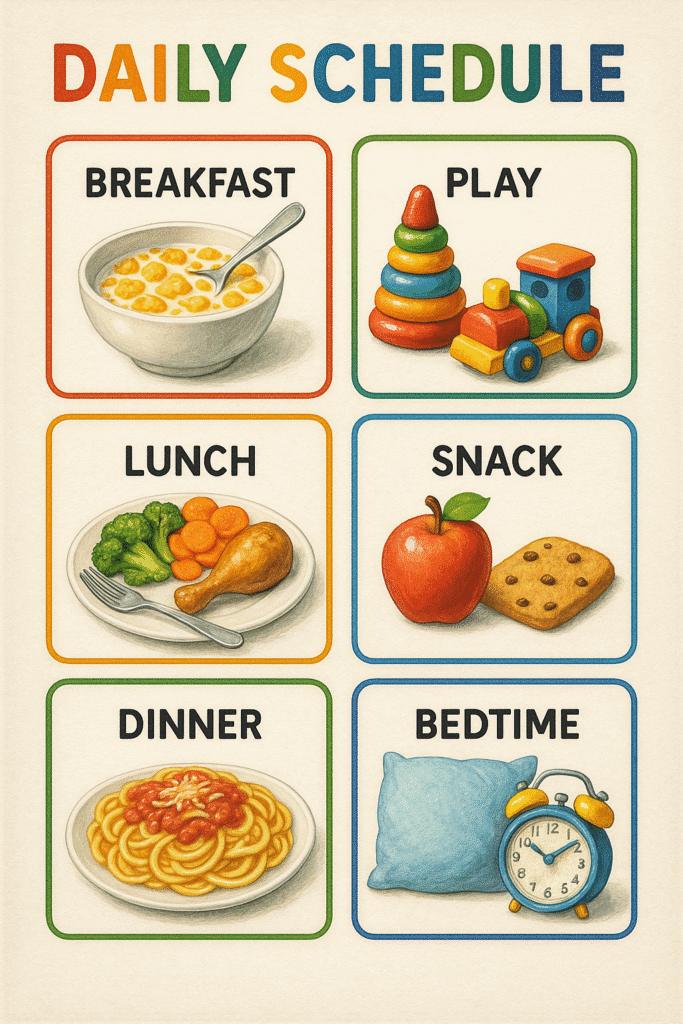When Your Kids Don’t Come With Matching Brain Settings
Parenting is hard. Parenting while neurodivergent? That’s a whole different game. One where the rules are unclear, the pieces are missing, and the board keeps flipping mid-play.
I recently read a Reddit post that hit me square in the feels. An autistic mum shared her struggle: she had two children—one autistic like her, the other neurotypical. The neurotypical child, she said, knew exactly how to push her buttons. She found herself retreating with her autistic child, seeking solace in shared understanding, while feeling overwhelmed and alienated from her neurotypical child.
It got me thinking. How do we, as neurodivergent parents, navigate the complex dynamics of raising children who may or may not share our neurotype? Is there a right way? A wrong way? Or just a way that works for our unique family?
Understanding the double empathy problem
Let’s start with a concept that might shed some light: the double empathy problem.
This theory suggests that communication breakdowns between autistic and non-autistic people are mutual. It’s not just that autistic individuals struggle to understand neurotypicals; neurotypicals also struggle to understand autistic individuals.
In the context of parenting, this means that misunderstandings between a neurodivergent parent and a neurotypical child are not solely the parent’s fault. Both parties may be misreading each other’s cues, leading to frustration on both sides.
The unique challenges of neurodivergent parenting
Being a neurodivergent parent comes with its own set of challenges. Sensory overload, executive dysfunction, and the need for routine can all impact parenting.

When your child is also neurodivergent, there may be a shared understanding of these needs. But when your child is neurotypical, they may not comprehend why you need quiet time or why sudden changes in plans are distressing.
This can lead to feelings of guilt or inadequacy. You might worry that you’re not meeting your child’s needs or that you’re using your neurodivergence as an excuse.
But it’s important to remember that your needs are valid. Recognizing and accommodating them is not a weakness; it’s a strength.
Strategies for navigating mixed neurotypes in the family
So, how can neurodivergent parents navigate the complexities of raising children with different neurotypes?
1. Open communication
Talk to your children about neurodiversity in age-appropriate ways. Explain that everyone’s brain works differently and that this diversity is something to be celebrated.
Encourage your children to express their feelings and needs, and model this behavior yourself. Open dialogue can foster understanding and empathy on both sides.
2. Establish routines
Routines can provide a sense of stability and predictability, which can be beneficial for both neurodivergent and neurotypical family members.
Create visual schedules or use reminders to help keep everyone on track. This can reduce anxiety and help manage expectations.
3. Seek support
Connect with other neurodivergent parents through support groups or online communities. Sharing experiences and strategies can be incredibly validating and helpful.
Consider seeking professional support, such as therapy or coaching, to develop personalized strategies for your family.
4. Practice self-care
Prioritize your own well-being. Recognize the signs of burnout and take steps to address them.
This might include setting boundaries, scheduling regular breaks, or engaging in activities that recharge you.
Remember, taking care of yourself is not selfish—it’s essential for being the best parent you can be.
Embracing your unique parenting journey
There’s no one-size-fits-all approach to parenting, especially when neurodiversity is involved. What works for one family may not work for another.
The key is to find what works for you and your children. Embrace your unique strengths and challenges, and approach parenting with compassion—for your children and for yourself.
How do you navigate the challenges of parenting with neurodivergence in your family? Share your experiences and insights below.
*This image is AI-generated with prompts made by me and serves no educational purpose, it is only used to highlight certain aspects of this article.




